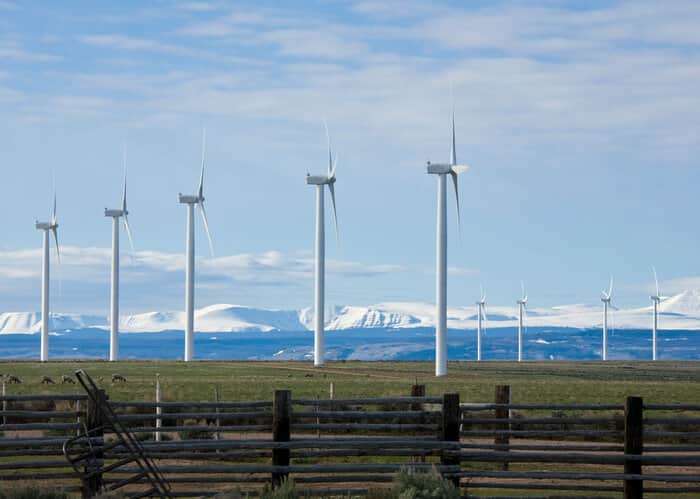New Jersey residents showed widespread support for sustainable energy solutions, including offshore wind energy projects, according to a poll conducted by The Delaware Sea Grant College Program at the University of Delaware.
The poll results show that Atlantic City, N.J., residents – and the surrounding communities – favor the construction of an offshore wind power project. Results show that 77% of residents are inclined to support a demonstration project of five offshore wind turbines visible from the shore, versus 20% leaning the other way. The remaining 3% were undecided.
The results are the latest in a series of public opinion polls that support Fishermen's Energy, which proposed a demonstration offshore wind project located nearly three miles off the coast of Atlantic City.
After stating their opinion of the project, residents were asked to name the three issues they considered most important with regards to offshore wind power development. Surprisingly, the results show that electricity costs were considered important issues only among supporters.
‘It suggests that respondents either believe that the Fisherman's Energy project has substantial merit even if it will raise electricity bills slightly, or they believe that the project will ultimately lead to lower electricity rates as the offshore wind power industry matures,’ notes Jeremy Firestone, professor of marine policy at the University of Delaware's College of Earth, Ocean, and Environment and director of the Center for Carbon-Free Power Integration.
Two out of three New Jerseyans say the state should focus on developing more renewable sources of energy for the future, compared to just 13% who say the focus should be on more fossil fuel development. The same percentage (66%) say that building offshore wind power in New Jersey would help the state's economy. Another 17% say wind power development would have no impact and just 6% say it would hurt the state's economy.
Nearly two out of three respondents support having Gov. Chris Christie make offshore wind power development a priority for his administration. This includes 33% who strongly favor this priority and 32% who somewhat favor it.



